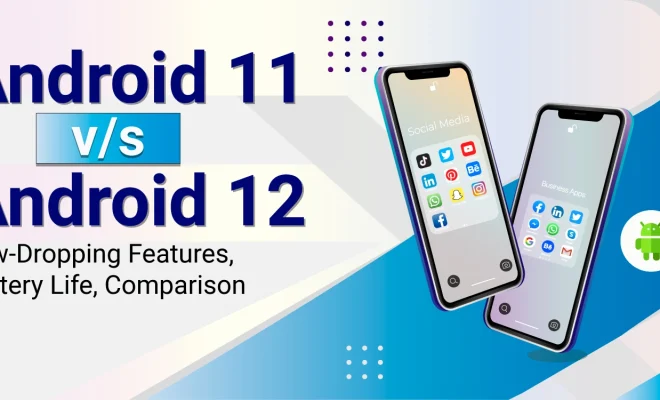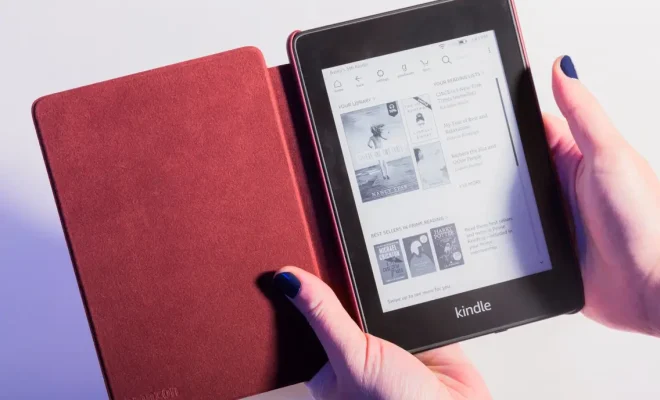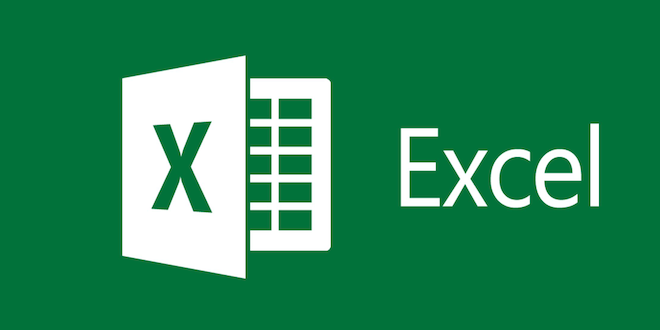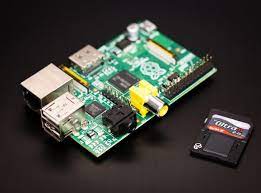Android 11 vs. Android 12: What Are the Differences?

Android 12 was recently released by Google as the latest version of its popular mobile operating system. But how does it differ from its predecessor, Android 11? In this article, we’ll take a closer look at the main differences between these two Android versions.
User Interface
One of the most noticeable changes in Android 12 is its redesigned user interface. The new layout is more polished and modern, with larger buttons, smoother animations, and a more intuitive navigation system. The notification shade has also been revamped, making it easier to view and interact with notifications.
In contrast, Android 11’s user interface was more incremental, with fewer major changes. It focused mainly on improving existing features such as chat bubbles, screen recording, and improved media controls.
Privacy Features
Privacy is always a hot topic in the mobile world, and Google has made some significant changes in Android 12 to address these concerns. For example, the new operating system now features a new privacy dashboard that provides users with more insights into the data their apps are collecting, as well as the ability to revoke permissions for individual apps.
Android 11’s privacy features were also impressive, but they were more focused on improving existing features. For example, Android 11 introduced scoped storage, which offered better control over app access to files stored on users’ devices.
Performance
Both Android 11 and Android 12 are designed to offer optimal performance for mobile devices. However, Android 12 comes with a host of performance improvements, including better memory allocation, faster app launch times, and more efficient power management.
Android 11 also had its share of performance enhancements, including better support for 5G networks, increased Bluetooth support, and improved overall performance.
Compatibility
Another difference between the two Android versions is their compatibility with different devices. Specifically, Android 12 has more stringent hardware requirements than Android 11. This means that not all devices that support Android 11 will be able to upgrade to Android 12.
For instance, devices that are more than three years old are unlikely to meet the minimum hardware requirements and may not receive the new update. In contrast, Android 11 was compatible with a wider range of devices, even those that were a few years old.






